Their new way of doing business has helped diversify the local tourism sector and attracted tourists yearning for eco-holidays.
Nguyen Van Day, a member of Lai Vung tangerine cooperative, just opened a 1.5-hectare Lan Anh orchard for visitors in Long Hau commune, the sixth of its kind in Lai Vung district.
Tickets to enter these gardens cost VND50,000 (US$2.2) per adult and half price per kid.
Le Van Ngot, in My Hoa commune, Thap Muoi district, said tourism services around his 4-hectare lotus plantation bring profits between two and three times higher than from selling lotuses.
Earlier this year, villager Tran Thanh Hung put into operation the first home-stay facility in Sa Dec city. The facility is located on his 3,000-m2 flower garden, where he also raises frogs.
Eco-farm tourism also emerged in Cao Lanh city in 2017, welcoming about two groups of tourists every week since the beginning of the year. Many local households have invested hundreds of millions VND in tourism infrastructure in their gardens.
Ngo Quang Tuyen, deputy head of the Dong Thap Department of Culture, Sports and Tourism, said in the three day New Year holiday earlier this year, eco-tours at tangerine gardens in Lai Vung and flower farms in Sa Dec lured approximately 76,000 visitors to the province, up 3.5% compared to the same period last year.
Local authorities have implemented policies to encourage farmers to invest in eco-tourism. VND50 million (US$2,217) from the provincial budget is earmarked to support the construction of each home-stay facility capable of accommodating between 30 and 49 guests, while facilities accommodating 50 guests and more receive VND60 million (US$2,661) each.
Restaurants on areas from 200 sq.m with capacity for 100 guests and above and major shopping malls are eligible for financial assistance of VND500,000 (US$22) per square metre.







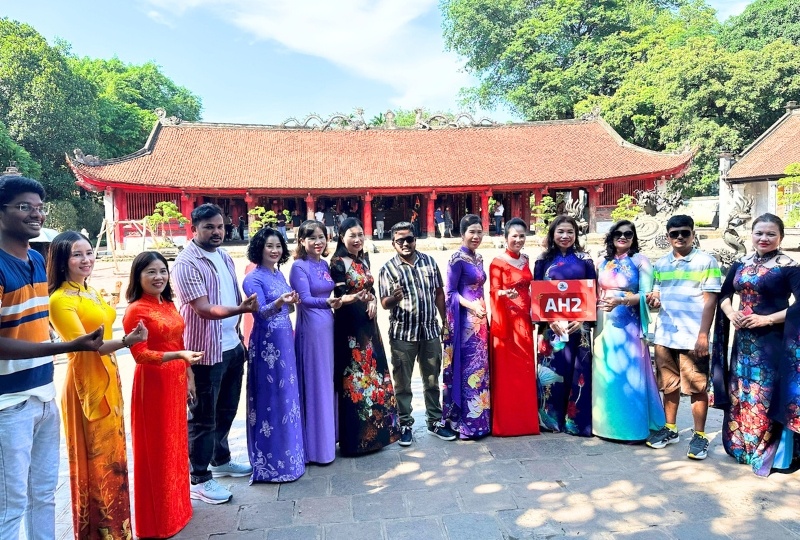
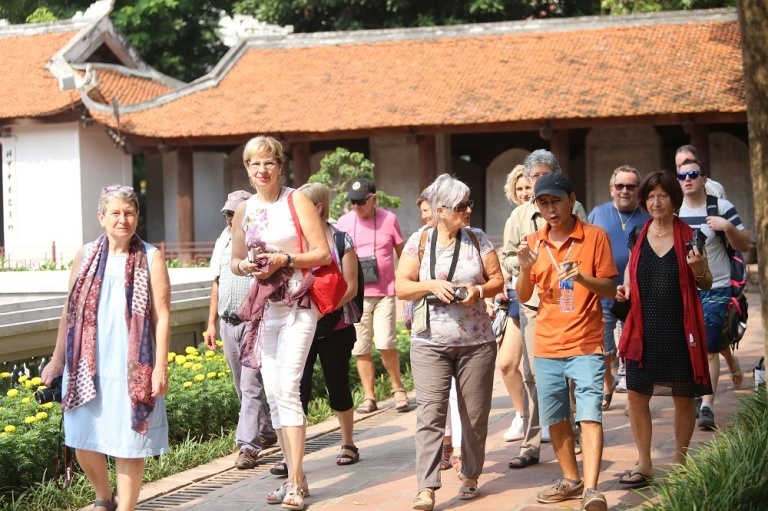
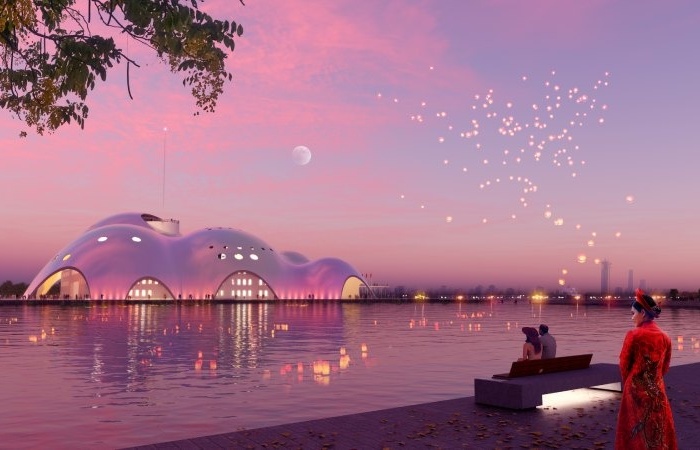
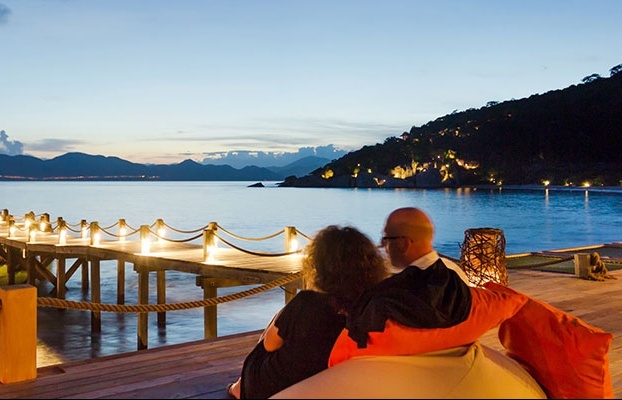



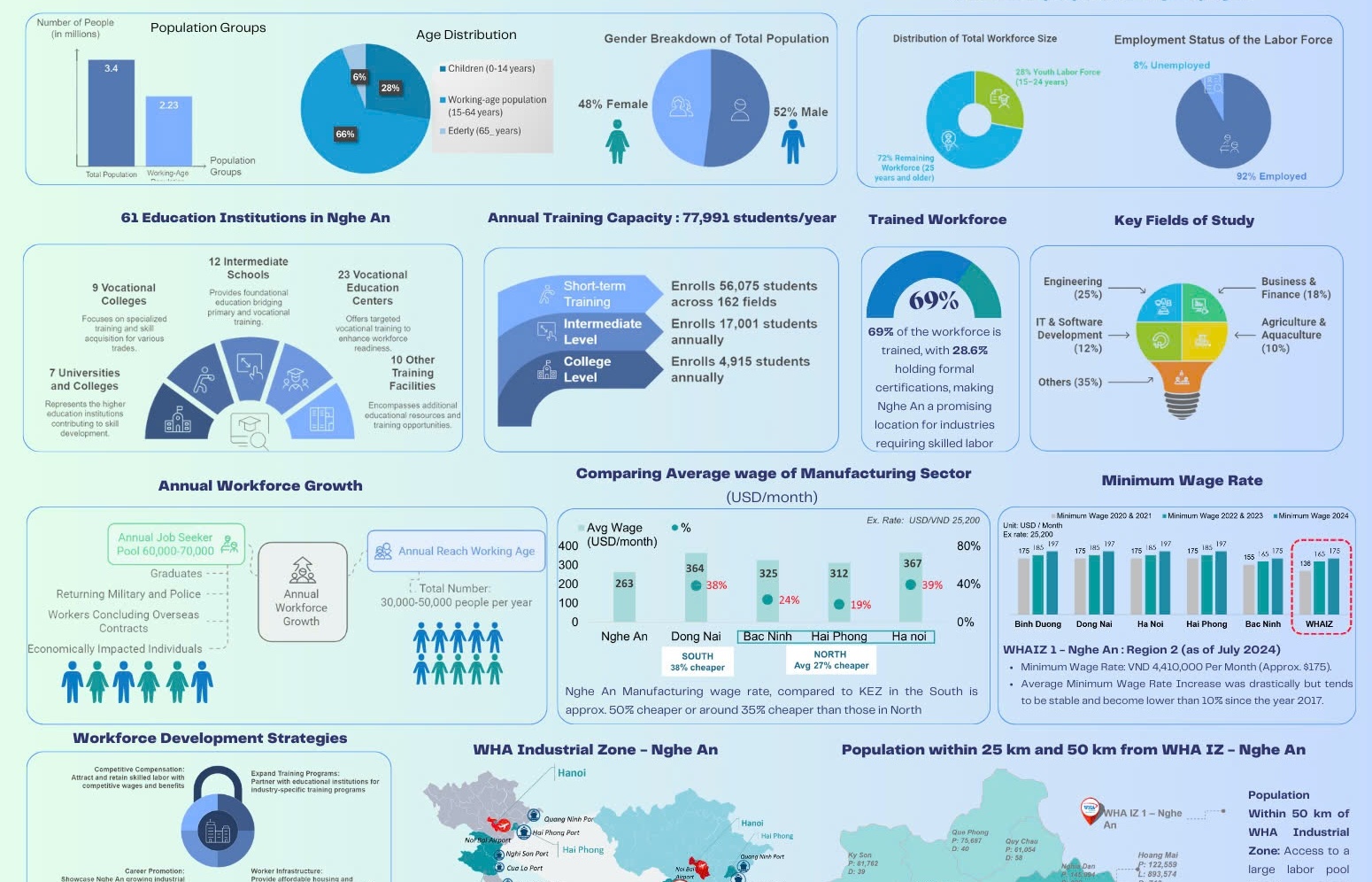

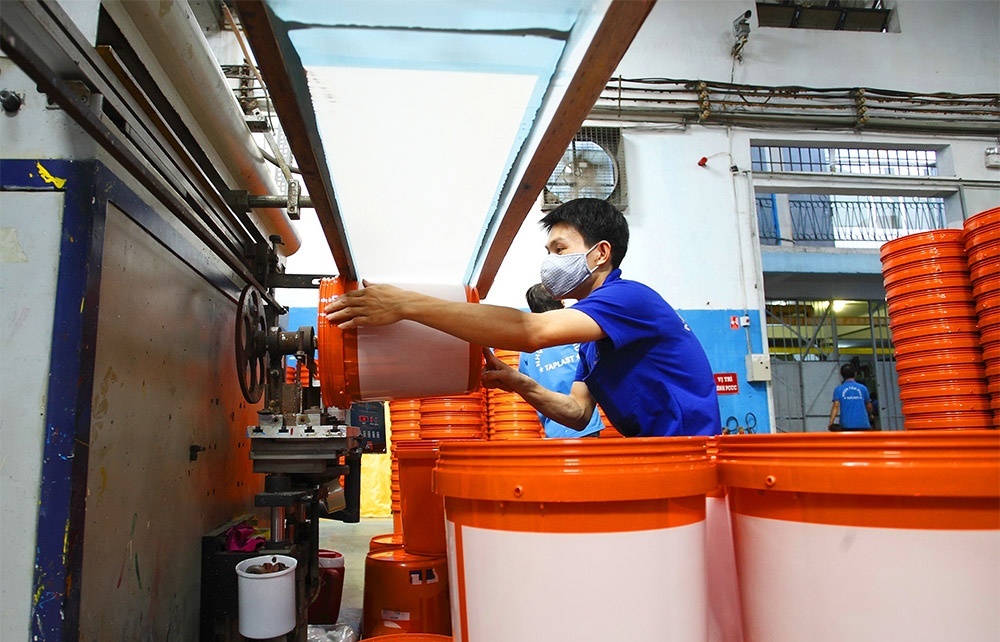



 Mobile Version
Mobile Version